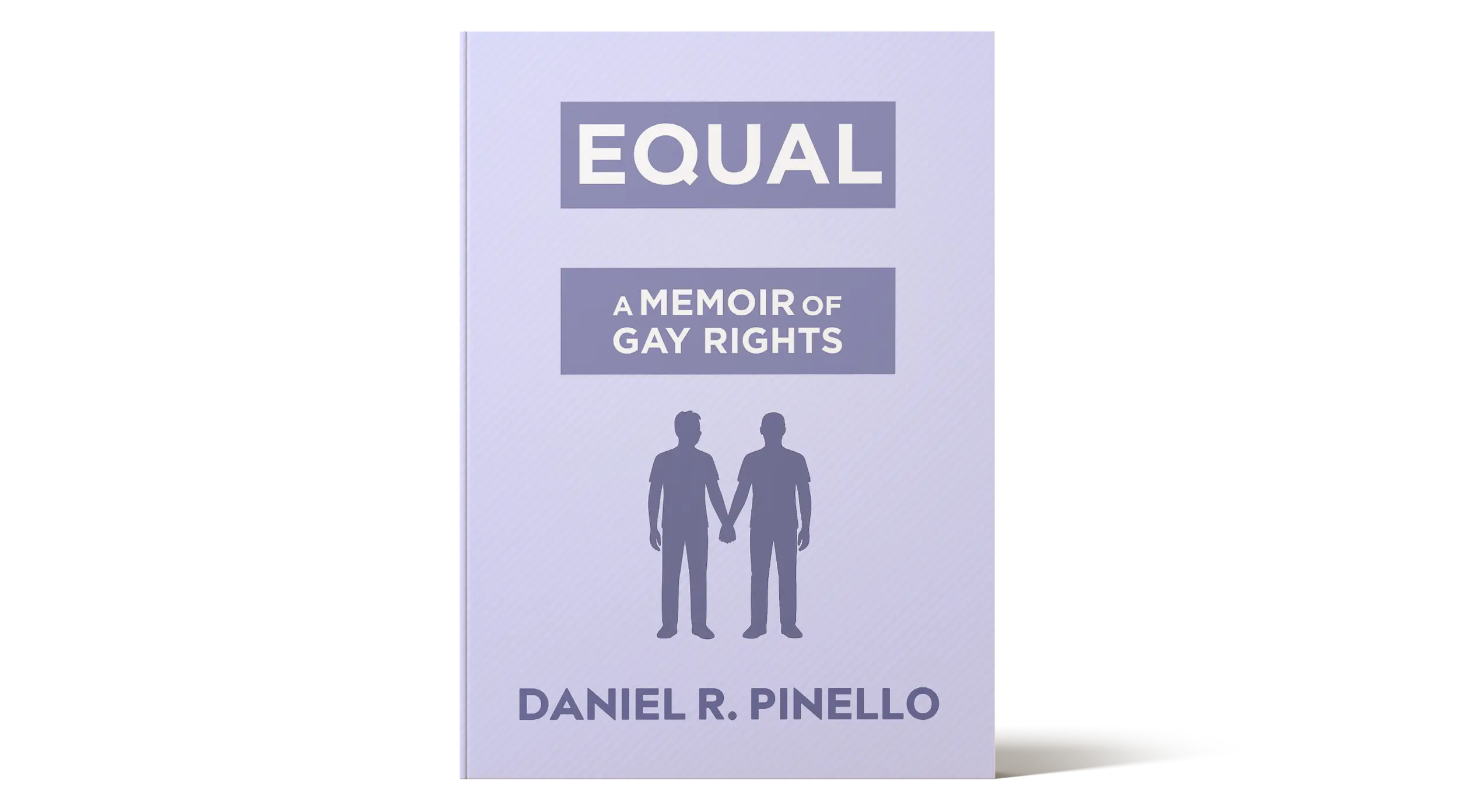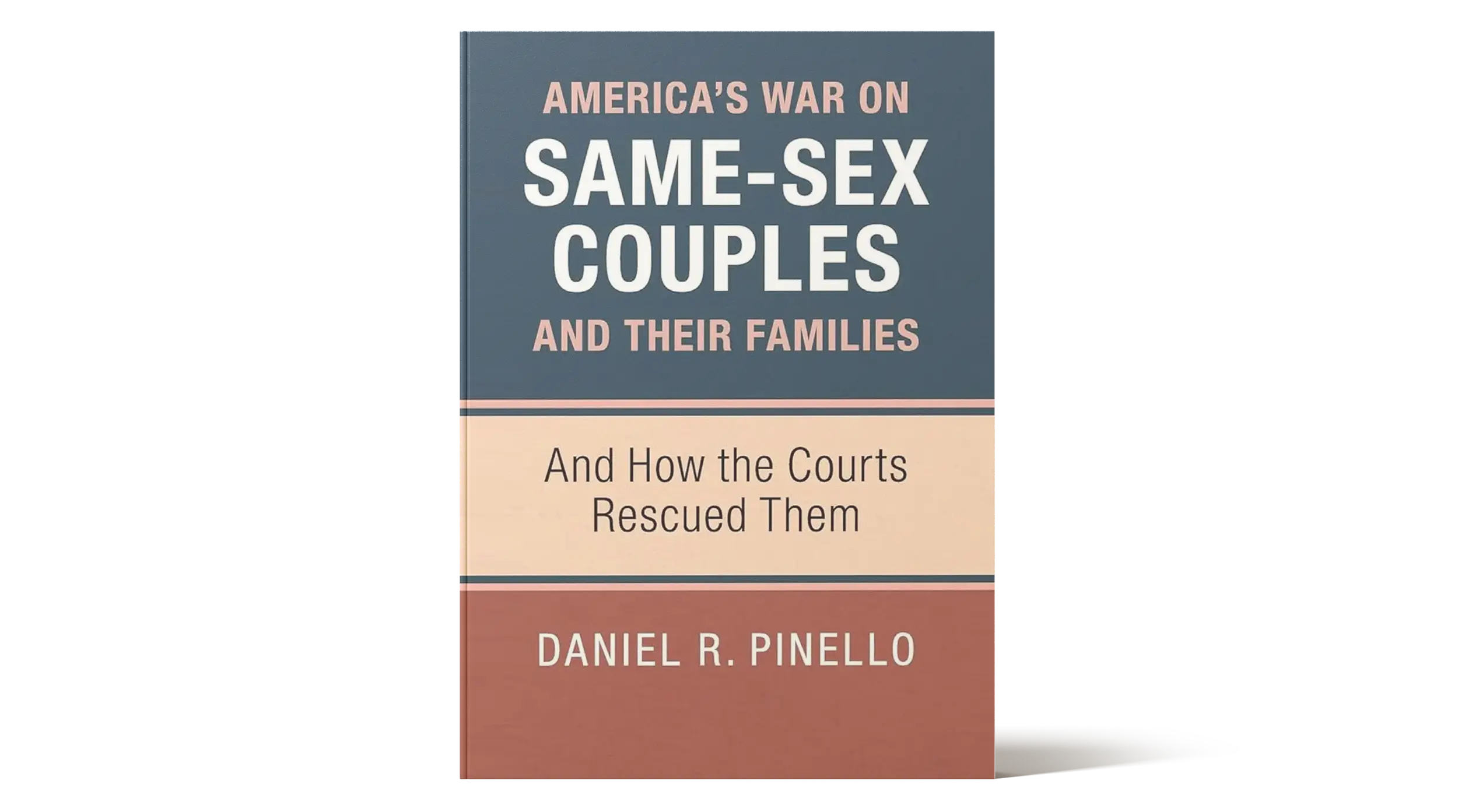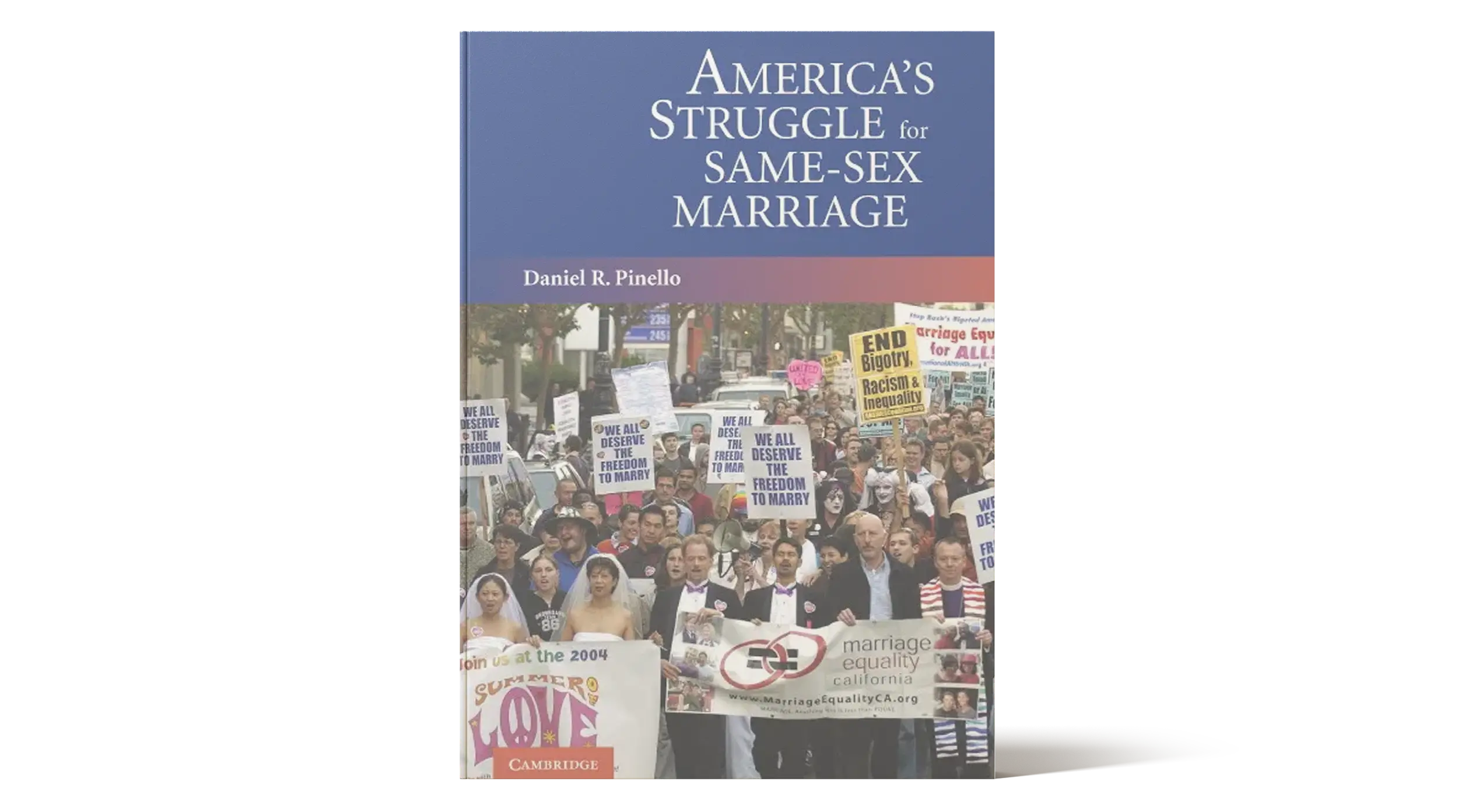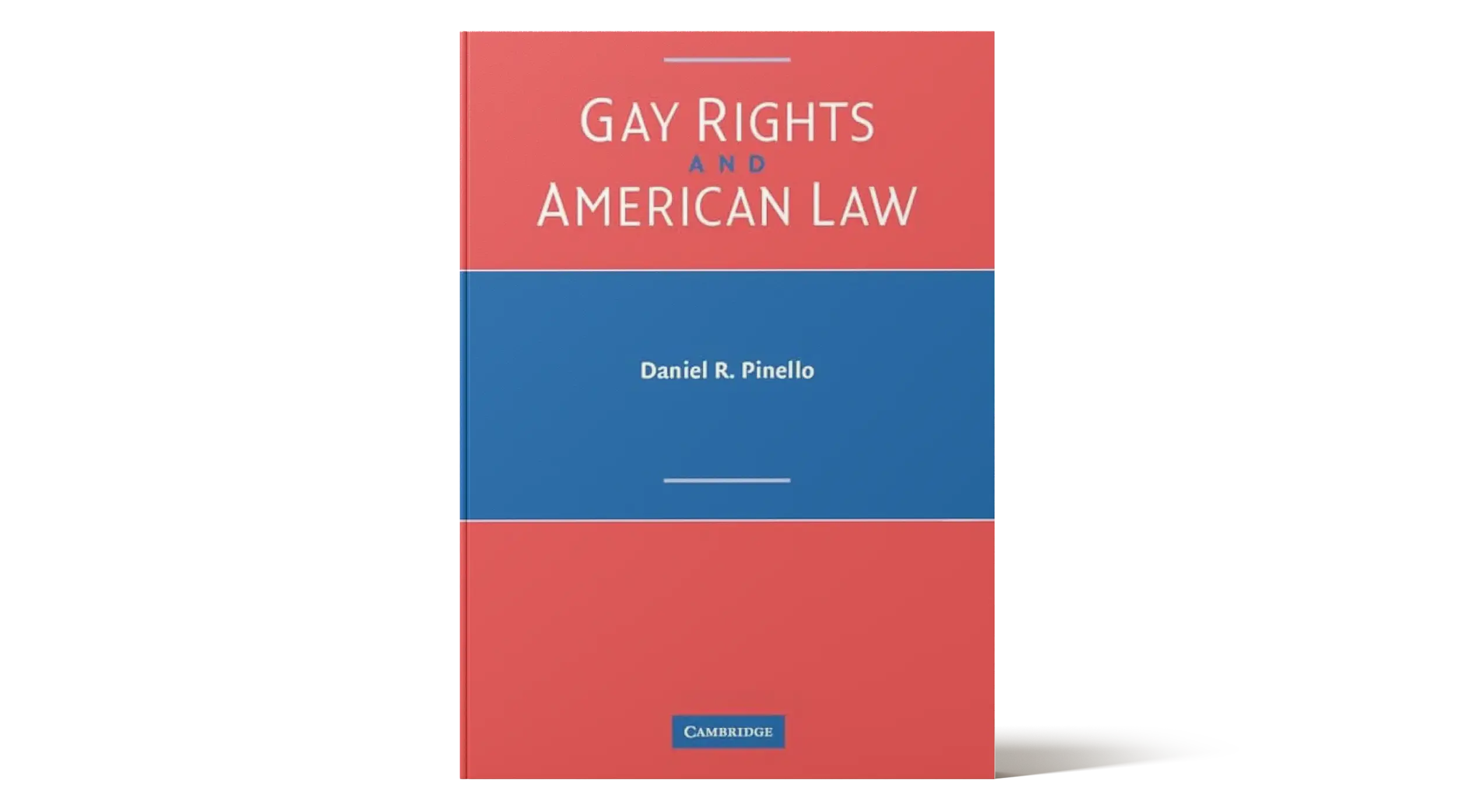Adoption of Swanson
Delaware Supreme Court
623 A.2d 1095
April 27, 1993
MOORE, Justice.
Richard Sorrels appeals the denial of his petition in the Family Court to adopt James A. Swanson, a consenting adult. We confront an issue of first impression: Is a pre-existing parent-child relationship required under our adult adoption statutes, 13 Del. C. §§951-56, in order for one adult to adopt another? Although the statutes do not contain that requirement, the Family Court implied such a condition in our law, and denied the adoption petition. Based on principles of statutory construction, and in the absence of any countervailing public policy, we conclude that it was an error of law to have appended the foregoing condition to an adult adoption. Accordingly, we reverse.
I
When Richard Sorrels sought to adopt James Swanson, his companion of 17 years, they were, respectively, 66 and 51 years of age. The adoption had two purposes — to formalize the close emotional relationship that had existed between them for many years and to facilitate their estate planning. Apparently, they sought to prevent collateral claims on their respective estates from remote family members, and to obtain the reduced inheritance tax rate which natural and adopted children enjoy under Delaware law. Admittedly, there was no pre-existing parent-child relationship between them, and on that basis the Family Court denied the petition.
II
Adult adoptions in Delaware are governed by our Domestic Relations Law, 13 Del. C. §§951 through 956. Section 943 provides that “if the petition complies with the requirements of §§951 and 952 of this title, and if the person or persons to be adopted appear in court and consent to the adoption, the Family Court may render a decree ordering the issuance of a certificate of adoption to the petitioner.” 13 Del. C. § 953 (emphasis added). Although the statute mentions no other requirements beyond those listed in Sections 951-952, the Family Court sua sponte concluded that approval of an adult adoption was contingent upon a pre-existing family relationship:
Indisputably, the legislature, by providing for adoption of minors, intended to allow for the creation and formalization of parent-child relationships between nonrelated adults and children. It is reasonable to infer that the legislature, by providing for adult adoptions, sought to extend this principle to those situations where no adoption occurred before the age of majority or where the parent-child relationship developed during adulthood. It is reasonable to infer that the legislature, by providing for adult adoptions, intended to allow for the formalization of the parent-child relationship where there is an existing parent-child relationship between nonrelated individuals . . . . It is simply illogical that the legislature enacted the adult adoption statute to make familial inheritance rights available to all. Furthermore, it is unlikely that the legislature intended to extend adoption to all other kinds of relationships, including friendships and sexual relationships. Petitioner’s interpretation of the statute would lead to these results.
Thus, the Family Court implied a new requirement into the adult adoption process. As a result, we are faced with a simple question of statutory construction – did the Family Court err as a matter of law in formulating or applying legal principles when it interpreted Section 953 to require a preexisting parent-child relationship? Hercules, Inc. v. Leu Trust and Banking, Del. Supr., 611 A.2d 476, 480 (1992).
We begin with the basic rule of statutory construction that requires a court to ascertain and give effect to the intent of the legislature. Coastal Barge Corp. v. Coastal Zone Indus. Control Bd., Del. Supr., 492 A.2d 1242, 1246 (1985). If the statute as a whole is unambiguous and there is no reasonable doubt as to the meaning of the words used, the court’s role is limited to an application of the literal meaning of those words. However, where, as here, the Court is faced with a novel question of statutory construction, it must seek to ascertain and give effect to the intention of the General Assembly as expressed by the statute itself. Kofron v. Amoco Chemicals Corp., Del. Supr., 441 A.2d 226, 230 (1982); Giuricich v. Emtrol Corp., Del. Supr., 449 A.2d 232, 238 (1982).
There is no reference in Section 953 to any condition of a pre-existing parent-child relationship. Instead, the statute only compels a person seeking an adult adoption to sign and file a petition containing certain basic personal data. If, after having done so, the adoptee appears in court and consents to the adoption, the Family Court may grant the petition for adoption.
[Footnote: Although the use of the verb “shall” in legislation generally connotes a mandatory requirement, while the verb “may” is deemed permissive, we have cautioned that use of this test is contextual, and thus, mere use of the term “may” does not control legislative intent where, as here, the full setting of the statute suggests a different construction. Miller v. Spicer, Del. Supr., 602 A.2d 65, 67 (1991).]
When statutory language is clear, unambiguous, and consistent with other provisions of the same legislation, the court must give effect to its intent. Seth v. State, Del. Supr., 592 A.2d 436, 440 (1991). Moreover, the relevant adult adoption statute has existed in equivalent form since 1915, without any material change by the General Assembly. That is indicative of legislative satisfaction with the provisions of the statute. Watson v. Burgan, Del. Supr., 610 A.2d 1364, 1368 (1992).
Regardless of one’s views as to the wisdom of the statute, our role as judges is limited to applying the statute objectively and not revising it. In re Panousseris’ Will, Del. Orph., 52 Del. 21 (1959). A court may not engraft upon a statute language which has been clearly excluded therefrom. Giuricich, 449 A.2d at 238. Thus, where, as here, provisions are expressly included in one part of a statute, but omitted from another, it is reasonable to conclude that the legislature was aware of the omission and intended it. As a result, the omission from the adult adoption procedure for investigation and supervision of prospective placements, found in the requirements for adopting minors, persuades us that it was not the result of an accident. If anything, it is the best evidence of a legislative policy against imposing unnecessary conditions upon the adult adoption process.
III
Many jurisdictions limit inquiry into the motives or purposes of an adult adoption. However, most recognize that adult adoptions for the purpose of creating inheritance rights are valid. K. M. Potraker, “Annotation, Adoption of Adult,” 21 A.L.R.3d 1012, 1029-1030 (1968). In one of the earliest cases, the Supreme Judicial Court of Massachusetts upheld an adoption of three adults, aged 43, 39 and 25 respectively, by a 70 year old person who intended the adoption to operate in lieu of a will. Collamore v. Learned, 171 Mass. 99 (1898). The court ruled that motive, although proper in that case, had no effect on the validity of the adoption.
A similar result obtained in Sheffield v. Franklin, 151 Ala. 492 (1907). The court concluded that the law placed no limit on the age of the person to be adopted even if it altered inheritance rights. Likewise, in Ex parte Libertini, 244 Md. 542 (1966), the Maryland Court of Appeals permitted the adoption of an unmarried thirty-five year old woman by an unmarried fifty-six year old woman, initiated for reasons of inheritance and maternal feelings. The court rejected outright the lower court’s conclusion that granting the adoption would pervert the entire adoptive process. The court noted that an adoption for the purpose of inheritance does not change the social or domestic relationship of the parties. Rather, its purpose and effect bestows on the adoptee the right of a natural heir to inherit property. This motive was not improper, the court concluded, and therefore had no bearing on a determination of the adoption’s propriety.
Cases upholding adoptions for the purpose of improving the adoptee’s inheritance rights continue to grow. In Berston v. Minnesota Dept. of Public Welfare, 296 Minn. 24 (1973), the trial court denied the adoption of an adult woman by her natural son on the public policy ground that the purpose of the adoption — to make the petitioner’s mother his heir in order to bring her into the terms of a trust established by the petitioner’s father after he divorced the mother – would thwart the intent of the settlor of the trust. The Minnesota Supreme Court ruled that the broad language of the adult adoption statute unequivocally foreclosed any limiting construction. Thus, considerations of public policy were matters for reappraisal by legislative amendment (emphasis added). See also Harper v. Martin, Ky. App., 552 S.W.2d 690 (1977) (approving of the adoption of a forty-seven year old male by a terminally ill petitioner for the express purpose of making him the heir at law of a third person); Matter of Fortney’s Estate, 5 Kan. App. 2d 14 (1980) (upholding an adult adoption originally effectuated for purposes of inheritance); but see Matter of Griswold’s Estate, 140 N.J. Super. 35 (1976) (ruling that an adoption to make an adoptee a beneficiary of a trust was an abuse of the adoption process). If anything, Griswold’s Estate is contrary to well established Delaware law. See Haskell v. Wilmington Trust Co., Del. Supr., 304 A.2d 53, 54-5 (1973); Riggs Nat. Bank v. Zimmer, Del. Ch., 304 A.2d 69, 74, aff’d sub nom. Jackson v. Riggs Nat. Bank, Del. Supr., 314 A.2d 178, 182 (1973).
The general disinclination to examine the motives of the petitioner has been extended beyond the area of inheritance rights. In 333 East 53rd Street Associates v. Mann, 121 A.D.2d 289, 503 N.Y.S.2d 752 (1986), a petitioner adopted an adult woman in order to ensure that she would succeed to the tenancy of a rent controlled apartment. The building’s owner sought a declaratory judgment that the adoptee had no rights in the apartment. The appellate court found nothing inherently wrong with an adoption intended to confer an economic benefit on the adopted person.
IV
On the other hand, the New York Court of Appeals ruled that a fifty-seven year old man could not adopt a fifty year old male with whom he shared a homosexual relationship. Matter of Adoption of Robert Paul P., 63 N.Y.2d 233 (1984). The court reasoned that adoption is not a quasi-matrimonial device to provide unmarried partners with a legal imprimatur for their sexual relationship. The court also determined that New York’s adult adoption process requires the adoption to be in the best interests of the adoptee, and thus, the financial and emotional condition of the petitioner must still be investigated. Delaware’s adult adoption process clearly abandons the requirement for such an investigation. It suggests no corresponding need to determine that an adult adoption be in the best interests of the adoptee. We also note the compelling dissent in Matter of Adoption of Robert Paul P. taking the majority to task for imposing limitations on the process that are not found in New York’s adult adoption statute.
There are, of course, common sense limitations on any adult adoption. That is why our statute appears to confer reasonable discretion upon the Family Court’s approval of an adult adoption. Solely by way of example, no court should countenance an adoption to effect a fraudulent, illegal or patently frivolous purpose. See, e.g., In re Jones, 122 R.I. 716 (1980), where an older married man sought to adopt his 20 year old paramour to the economic detriment of his wife and family. Delaware law is not necessarily inconsistent with the results in Adoption of Robert Paul P. and In re Jones, supra. Adult adoptions intended to foster a sexual relationship would be against public policy as violative of the incest statute. See 11 Del. C. §766(b), which defines the crime of incest to include sexual intercourse between a parent and child “without regard to . . . relationships by adoption.”
A statute cannot be construed to produce an absurd, meaningless or patently inane result. Nationwide Mutual Insurance Co. v. Krongold, Del. Supr., 318 A.2d 606, 608 (1974); Opinion of the Justices, Del. Supr., 295 A.2d 718, 721-22 (1972). However, where, as here, the petition contemplates an adoption that is not only within the scope of the statute, but which is also widely recognized as a proper exercise of the authority granted by the statute, we can divine no reason why this petition should be denied.
Since the primary object of statutory construction is to reach a result in conformity with legislative policy, once that policy is determined we need only test the construction by the rules of reasonableness and conformity with that policy. E. I. Du Pont de Nemours & Co. v. Clark, 32 Del. Ch. 527 (1952). In this case, our construction of the statute – permitting the adoption of one adult by another for economic reasons — is consistent with a policy promoting limited judicial inquiry into the purposes or motives behind such a relationship.
We have long held that our courts do not sit as a superlegislature to eviscerate proper legislative enactments. Public Service Commission of the State of Delaware v. Wilmington Suburban Water Corporation, Del. Supr., 467 A.2d 446, 451 (1983). It is beyond the province of courts to question the policy or wisdom of an otherwise valid law. Instead, each judge must take and apply the law as they find it, leaving any changes to the duly elected representatives of the people. Accordingly, the order of the Family Court dismissing the petition is REVERSED. The Family Court is directed to issue an appropriate decree of adoption.



